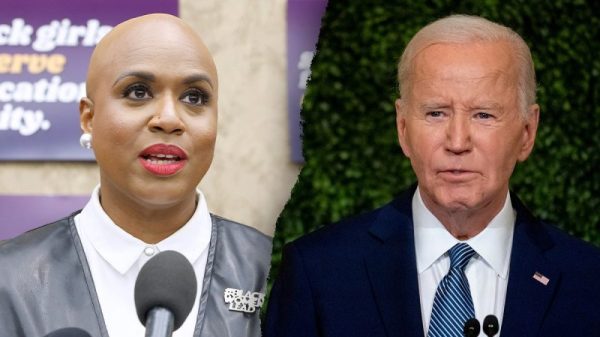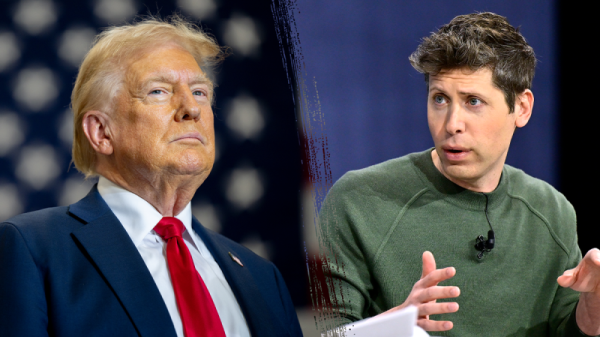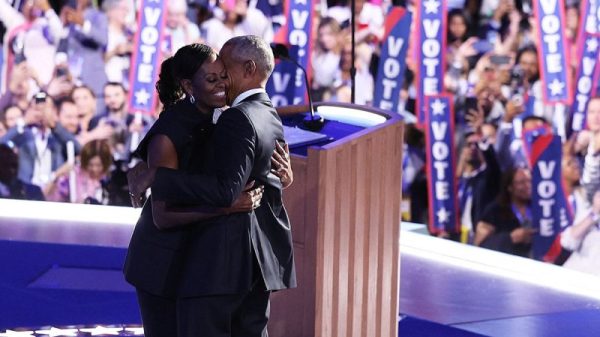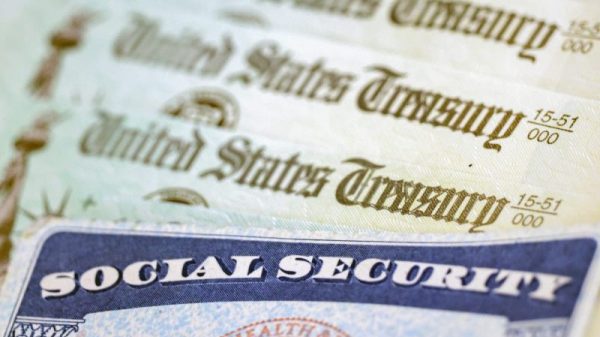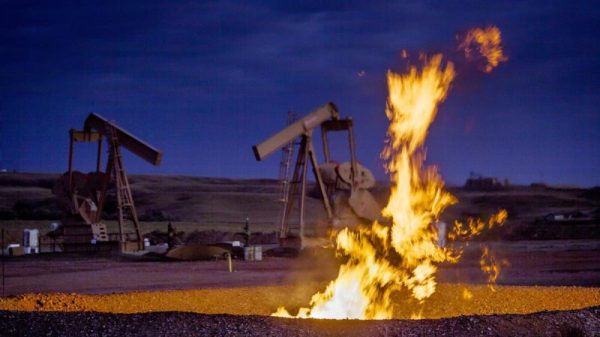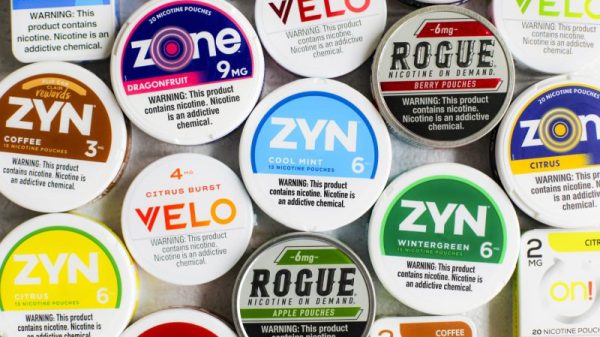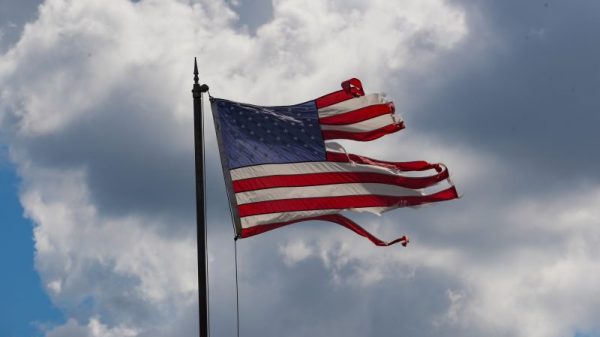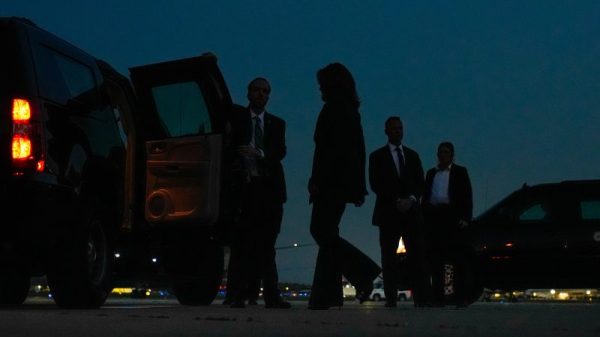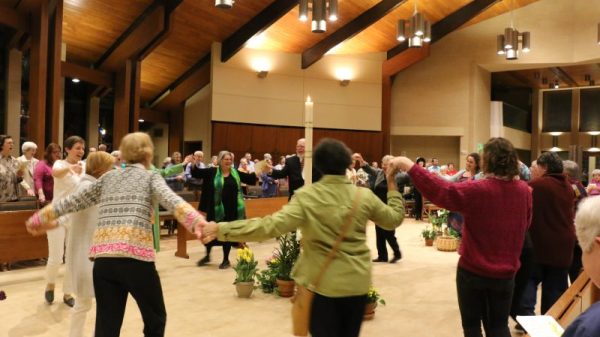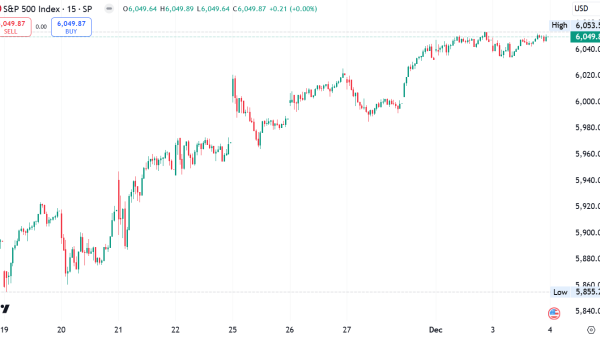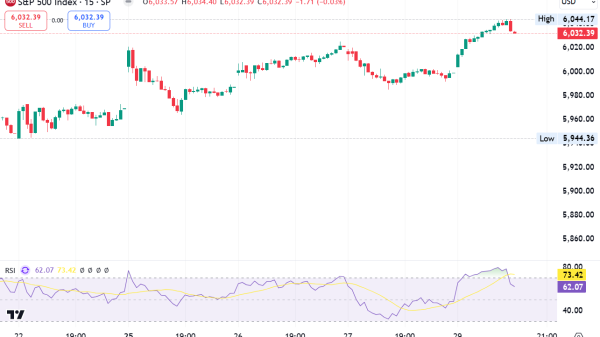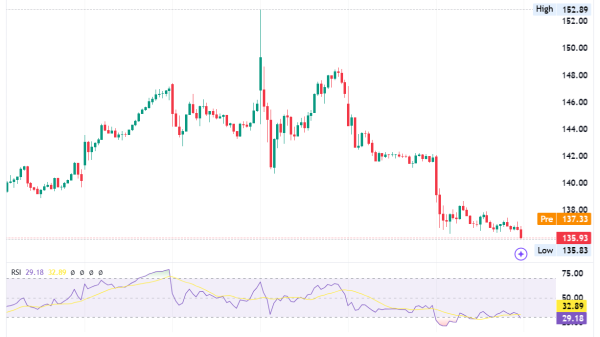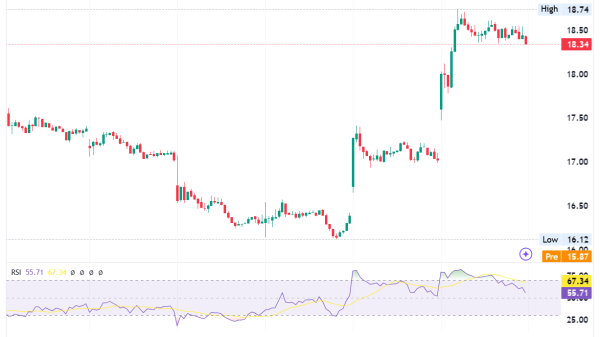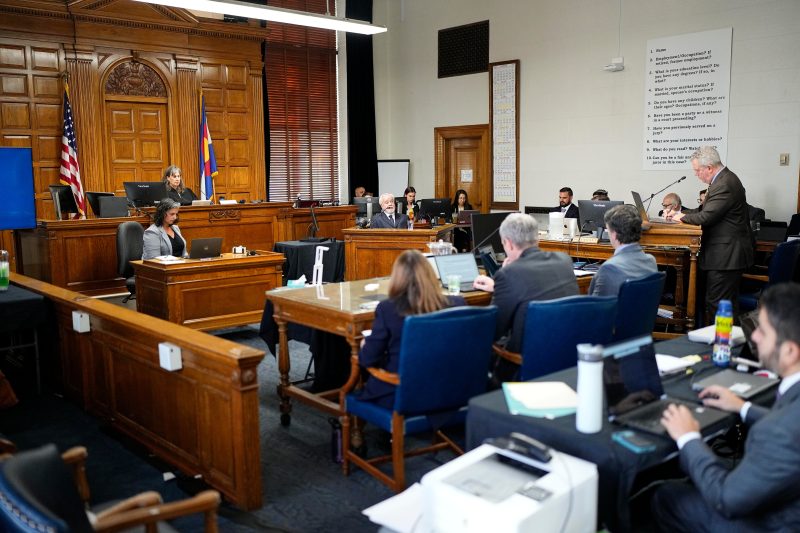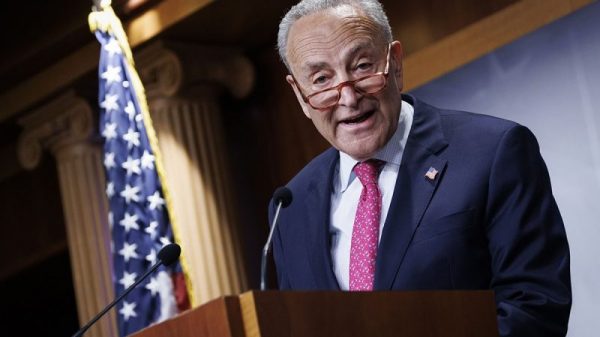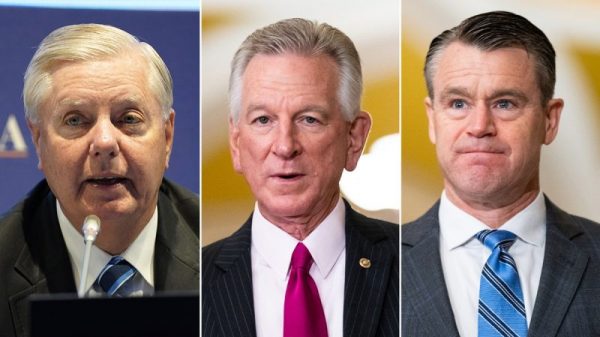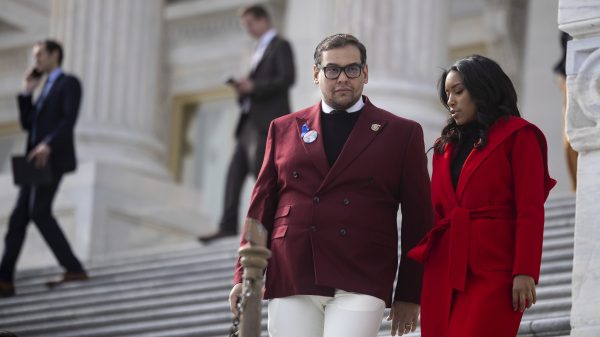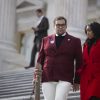A judge on Friday ruled Donald Trump had engaged in insurrection by inciting a mob to attack the U.S. Capitol on Jan. 6, 2021, but decided that he is not barred from appearing on the primary ballot in Colorado.
The ruling in state court — the first to find that the presidential candidate had participated in an insurrection — served as a rebuke to the Republican front-runner, even as it provided him with a legal victory. Trump has won a string of cases brought by opponents who are trying to keep him off the ballot under a provision of the Constitution that bars officials who engage in insurrection from holding office.
Denver District Judge Sarah B. Wallace wrote that Trump “acted with the specific intent to disrupt the Electoral College certification of President Biden’s electoral victory through unlawful means; specifically, by using unlawful force and violence.” And, she concluded, “that Trump incited an insurrection on January 6, 2021 and therefore ‘engaged’ in insurrection.”
An appeal is expected and could ultimately be resolved by the Colorado Supreme Court or the U.S. Supreme Court. Wallace’s ruling came a week and a half after the Minnesota Supreme Court ruled Trump could not be removed from the primary ballot in that state and three days after a Michigan judge reached the same conclusion.
Despite the decision’s blunt wording and findings, Trump campaign spokesman Steve Cheung championed the ruling, calling it “another nail in the coffin of the un-American ballot challenges.”
Trump opponents have been bringing their lawsuits state by state in hopes of ultimately securing a U.S. Supreme Court ruling that keeps Trump off the ballot in all states. The cases are moving quickly because caucuses and primaries will be held starting in January.
Adopted in 1868, three years after the end of the Civil War, the 14th Amendment granted citizenship to those born or naturalized in the United States and guaranteed civil rights to all Americans, including those who had been enslaved. The amendment’s lesser-known Section 3 was aimed at limiting the power of former Confederates by barring from office those who had sworn an oath to the Constitution and later engaged in insurrection.
Although Wallace found that Trump engaged in insurrection, she determined Section 3 does not apply to him. Section 3 refers to some offices by name as well as those who are an “officer of the United States,” but does not specifically mention the presidency.
Wallace determined those who wrote Section 3 “did not intend to include the President as ‘an officer of the United States.’”
The judge also determined that the amendment’s provision technically applied to those who swear an oath to “support” the Constitution. The oath Trump took when he was sworn in after he was elected in 2016 was to “preserve, protect and defend” the Constitution.
Wallace wrote she did not want to disqualify someone from office “without a clear, unmistakable indication” that that was what those who wrote the 14th Amendment intended.
Even as she ruled in Trump’s favor, Wallace was unsparing in her description of his behavior before, during and after the attack on the Capitol. She found Trump has a “history of courting extremists and endorsing political violence” and knew his supporters were willing to engage in violence.
“The evidence shows that Trump not only knew about the potential for violence, but that he actively promoted it and, on January 6, 2021, incited it,” she wrote.
In Colorado and other states, Trump’s attorneys have argued the attack was not an insurrection, Trump did not participate in it and Trump told his supporters to act peacefully. In addition, they have contended Section 3 does not apply to the presidency and said Congress, not courts, should determine who is eligible to hold office.
The lawsuit was brought by six Republican and independent voters with the help of Citizens for Responsibility and Ethics in Washington . Noah Bookbinder, the group’s president, said the voters would appeal the case to the Colorado Supreme Court soon.
“We are proud to have brought this historic case and know we are right on the facts and right on the law,” he said in a statement. “Today was not the end of this effort, but another step along the way.”

